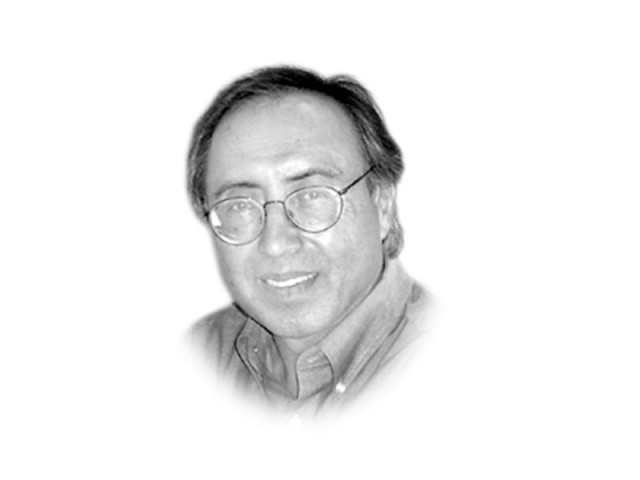Will Pakistan take Kabul-route to Washington?
The more Pakistan and the US talk the more they get to the same point

The writer is a professor of political science at LUMS, Lahore. His recent book is Imagining Pakistan: Modernism, State and the Politics of Islamic Revival (Lexington Books, 2017)
It is the third US Administration that sees the Afghan war as a necessary one. Like the last two, it is caught in a no-win situation. Washington wouldn’t like to fight an ‘endless war’ but wouldn’t like to withdraw in a situation that would produce chaos, civil war, or the fall of government in Kabul. There have been and will remain many questions about fighting a war in Afghanistan, which is seen as painful, unnecessary and wasteful by many Americans. The lessons of the Afghan wars, fought by the two, rather three superpowers, if we include the Anglo-Afghan wars, is very clear—going in and getting an incumbent government is easier than staying there and creating any alternative form of political authority. What the stalemated war in Afghanistan has got to do with the Pakistan-US relations? A lot.
A persistent perception in the regional as well as Western capitals is that Pakistan has been and will be a key player in war or peace in Afghanistan. It’s not necessary to detail the historical, geopolitical or reasons of old or any new ‘great’ or not-so-great game. These are some of the reasons that keep the many clear and clouded images of Pakistan’s role alive, relevant and on the table in our diplomacy with the United States—the principal power intervening, fighting and essentially responsible for what may happen next in Afghanistan.
Pakistan has been an American strategic partner thrice since the first wave of the Cold War in the early 1950s. In the 1980s, Pakistan backed by the US went many steps forward, ‘in its own interests’ to support the Afghan Mujahideen to defeat the Soviet aggression against Afghanistan. Yet another military regime facing legitimacy crisis, decided to reverse its policy from supporting the Afghan Taliban to helping the US defeat them under ‘pressure’, after 9/11.
In remote and protracted wars where the ends are ambiguous and gains are uncertain, the rifts among allies cannot be unnatural. Relations between Pakistan and the US have become intertwined with the larger issues of not only war and peace in Afghanistan but also the rapid geopolitical shifts this region is witnessing with the rise of China, American sanctions against Iran and assertiveness of Russia. American strategic partnership with India and its emphasis on New Delhi to play a greater role in the security and stability of Afghanistan has not gone well with Pakistan. Neutralising Afghanistan from the India-Pakistan rivalry, if that is really an objective, is in conflict with an ambitious Indian role in the country that Washington seems to be encouraging.
The more Pakistan and the US talk the more they get to the same point—how can Pakistan help to end the Afghan war by bringing the Taliban to the negotiating table. It is a sign of progress that all sides to the conflict believe that more war is not a solution to the war. More important is the issue, how it ends, which party gains what. In the endgame, Pakistan is just one of the actors among so many and some wanting to keep the region unstable.
Published in The Express Tribune, October 10th, 2018.
Like Opinion & Editorial on Facebook, follow @ETOpEd on Twitter to receive all updates on all our daily pieces.















COMMENTS
Comments are moderated and generally will be posted if they are on-topic and not abusive.
For more information, please see our Comments FAQ